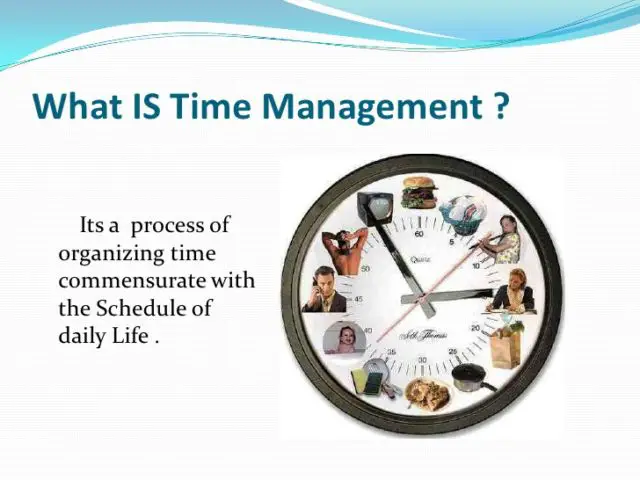Time management is an important aspect in our modern way of life. Based on it, we always arrange, plan, and schedule our social life and work commitments. However, there is a slight variation with regard to the way we manage time, depending on 2 main perspectives related to a cultural difference.

This difference is expressed through a cultural duality called Monochronic time and Polychronic time. Here we introduce a brief description of each approach.
Monochronic time, which is presumed to be used in the United States of America, Western and Northern Europe, Australia, New Zealand, and perhaps Japan. The word itself means mono (one) and chronos (time); literally, it expresses “one-time”.
Polychronic time is presumed to be used not only in Latin America but also in the Mediterranean islands, France, parts of Africa, Middle East, South China, and parts of Southeast Asia. The word itself means poly (many) chronos (time); literally, it expresses “many times”.
In order to better understand these perspectives, let´s contrast their respective characteristics.
For a monochronic person:
-One task at a time is always performed.
-Tasks are measured by output in time; work is paid per hour.
-Activities are isolated from an organization as a whole.
-Interpersonal relations are subordinate to present schedule.
-Schedule coordinates any activity. Appointment time is rigid.
-Time is tangible so it is inflexible.
-Work time is clearly separable from personal time.
-Breaks and personal time are sacrosanct regardless of personal ties.

Whereas…
For a polychronic person:
-Many tasks are performed simultaneously.
-Tasks are measured as part of an overall organizational goal.
-Activities are integrated into an organization as a whole.
-The schedule is subordinate to interpersonal relations.
-Interpersonal relations coordinate activity. Appointment time is flexible.
-Time is fluid so it is flexible.
-Work time is not clearly separable from personal time.
-Breaks and personal time are subordinate to personal ties.
Having stated these differences; which perspective do you think that pictures you the best? Of course, as in everything we deal with, there will always be advantages and disadvantages we should take into account when choosing one or another option.
After all, the most important thing is that you feel comfortable with the way you are and how you manage your personal relations with others.
